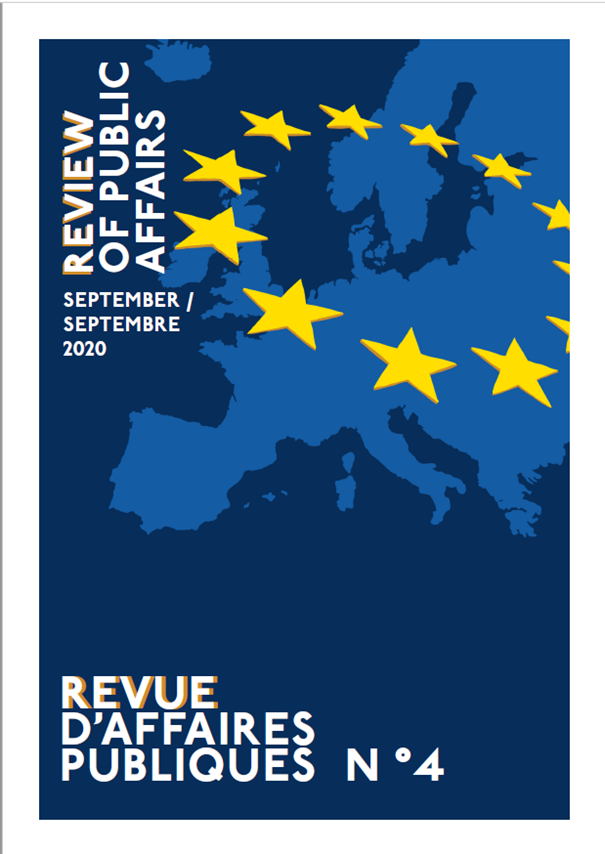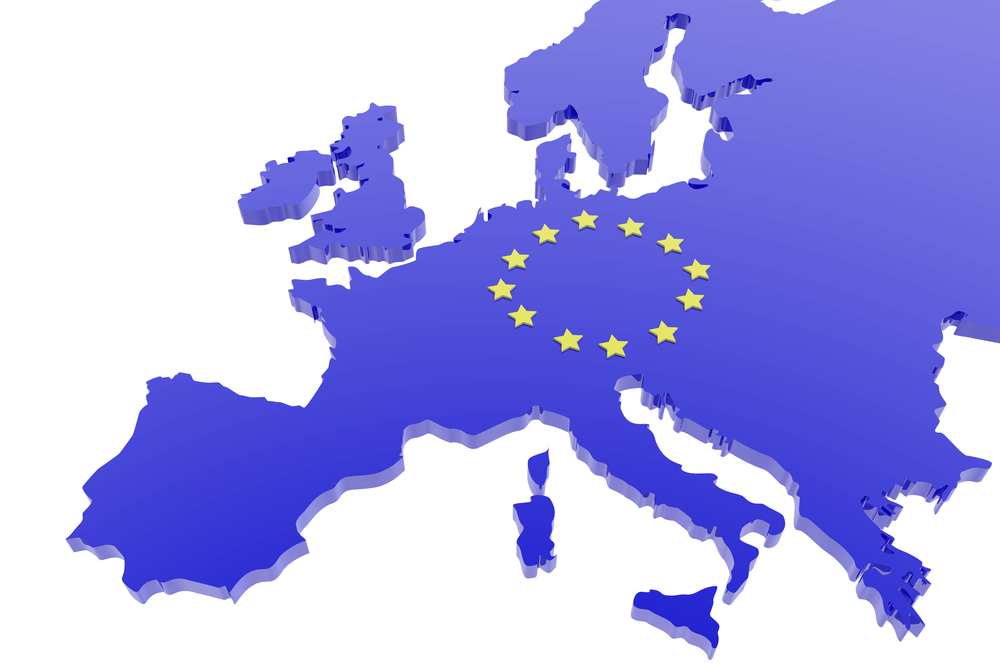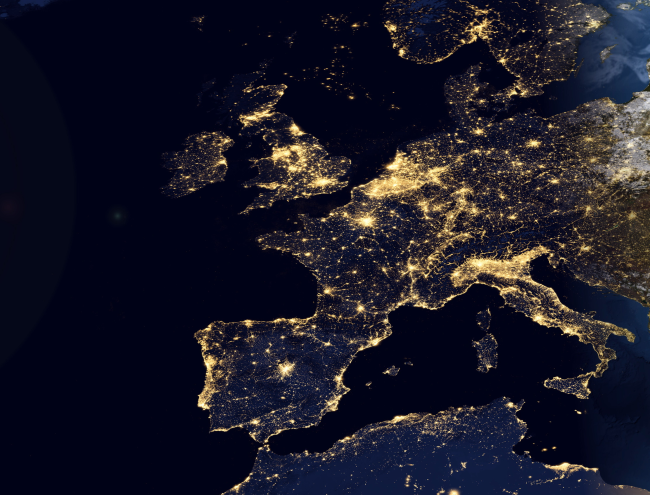Shaping the future of the EU: reviving the Europeanisation process

More than ten years after joining the European Union (EU), the Central and Eastern European countries (CEECs) exhibit a puzzle of attitudes and conceptions regarding the EU.

The long-awaited convergence of direction between old and new, West and East, core and periphery, which academics of European integration claimed will automatically follow after CEECs gained access to membership, is still a ‘work in progress’. Unconditional and sustained engagement with the EU is no longer the norm in the CEE member states, beliefs and norms at the European and national level become to different extents for some member states contradictory to European ones; while some political elites find more inspiration for their policymaking and governance styles abroad than among their EU peers.
Against this patchwork of levels of engagement with the EU, the process of Europeanisation in the CEECs can now be discussed from a new perspective, that of de-Europeanisation. If Europeanisation can be defined as a dynamic transformation of domestic structures because of EU membership, the concept of de- Europeanisation has been approached as a “departure from the European model” (Castaldo and Pinna) emerging “at an informal level”, namely in “attitudes, values, praxes and ways of doing things”, or as “an indispensable part of the outcome range” of the process of Europeanisation (Schimmelfenning, Wozniakowski and Matlak). This paper regards de-Europeanisation as a possible (though not mandatory and arguably avoidable) stage in the Europeanisation process, implying a manifest disengagement with EU’s values, rules, procedures and institutions or openly contesting these. It has a transformative impact both at the domestic and EU level, as it obstructs progress towards advancing European integration, by undermining internal cohesion, mutual trust and collective power of action (including credibility and legitimacy of the EU at home and abroad). It is in order to prevent a process of de-Europeanisation to install itself in Europe that one can argue that a new and more constructive dynamic must be instilled in the Europeanisation process.
A reset for the Europeanisation process is vital, in a context where the de-Europeanisation stage poses a risk of becoming a problem to the EU. As Professor Weiler argues, the European project was established on three “founding ideals” namely peace, prosperity, and supranationalism, however it has been increasingly reduced to a “market inflected scheme of cooperation (...) [where]only prosperity resonates as a still-current value in European public discourse”. Faced with this dilution of values and instrumental use of membership status, the Europeanisation process seems to quickly lose in capacity of constructively transforming EU actors, in the sense of directing them towards greater convergence. Initiatives such as values-based allocation of structural funds, although reasonable, if segmented and not part from a comprehensive framework of action, are not likely to yield long-term sustainable and positive outcomes for the EU. Hence, an Europeanisation reset must be conceptualised based on three essential preconditions: Europeanisation must be seen as part of a larger project of establishing a new political and legal European order iv (n°1); it must be founded on the logic that “If Europeanization is to produce change, it must precede change” (C. Radaelli) - thus have a proactive dimension (n°2); it ought to be acknowledged as “both vision and process” (Borneman and Fowler) (n°3).
Thus, a reset of the Europeanisation process should be comprehensive, prospective, and proactive in order to deliver a long-term valuable change in the current state of EU affairs. To be more specific, this renewed model should be able to strengthen a community of shared values, where legitimacy and cooperation are based on the principles of a level playing field and inclusive governance.
> Read the article in the Sciences Po Review of Public Affairs, No.4, September 2020

Available in:
Regions and themes
Share
Related centers and programs
Discover our other research centers and programsFind out more
Discover all our analysesBrazil One Year Away from the October 2026 General Elections
Brazil’s general elections will be held on October 4, 2026, to elect the president, vice-president, members of the National Congress, governors, deputy governors and state legislative assemblies. For the presidential and gubernatorial elections, a second round will be held on October 25 if no candidate obtains a majority of the votes in the first round.
COP30: An Inflection Point for Climate Action and Governance
The 30th Conference of the Parties (COP30), opening in Belém, Brazil, on November 10th 2025, convenes at a perilous moment.
The Strategic Dimension of Skills in the Clean Industrial Deal
In the competitiveness and energy transition battles, the European Union (EU) must master a determinant factor: skills.
The Energy Transition Faces Geopolitical Challenges. How Can Ideological Divides Be Overcome?
President Trump’s positions and policies, combined with record coal consumption and booming global electricity demand, geo-economic confrontation, and widespread concerns about energy security, are changing the game when it comes to understanding realistic decarbonization trajectories. The war in Europe is intensifying competition between defense and transition budgets. This is also the case elsewhere in the world.











